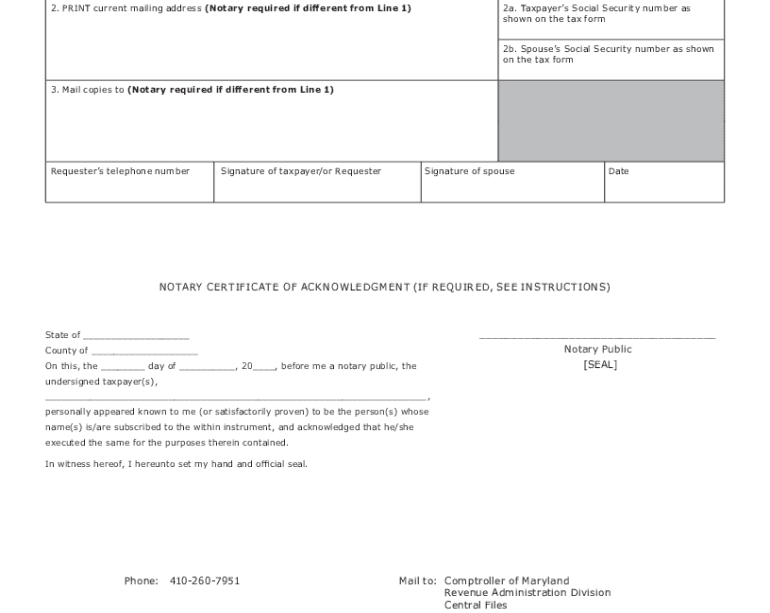Everything You Need to Know About Tax Returns in 2023

Introduction
Tax returns are an essential aspect of the financial responsibilities of individuals and businesses alike. Every year, taxpayers are required to file their tax returns to accurately report their income, calculate their tax liabilities, and potentially receive refunds. With the tax season approaching, understanding the nuances of tax returns is crucial in ensuring compliance and optimising potential returns.
Recent Changes in Tax Return Filing
This year, several significant changes have been implemented in the tax system that can affect how individuals and businesses prepare their tax returns. One of the most notable changes is the increased threshold for personal tax allowances, which allows taxpayers to benefit from a higher tax-free income. Moreover, the introduction of simplified filing systems aims to make the process more user-friendly, especially for those who may be submitting a tax return for the first time.
Additionally, the HM Revenue and Customs (HMRC) has updated the tax codes for various types of income, including rental income and investment returns. Taxpayers need to stay informed about these changes, as they can affect the amount due or refunded in a tax return.
Filing Your Tax Return
When it comes to filing your tax return, there are several important steps to consider. First, taxpayers should gather all relevant documents, including income statements, bank interest statements, and receipts for deductible expenses. Maintaining accurate records throughout the year can ease the filing process significantly.
Taxpayers can opt to file their returns online or via traditional paper forms. The deadline for online submissions is typically extended compared to paper filings, giving taxpayers more flexibility. In 2023, the online submission deadline falls on January 31, providing a timely opportunity to finalise returns.
Tips for Maximising Your Refund
To maximise potential refunds, it is advisable to take advantage of available tax credits and reliefs, such as the Personal Savings Allowance and Work-related Expenses deductions. Additionally, ensuring that all credits applicable to you are claimed can substantially impact the total refund outcome.
Conclusion
In conclusion, the process of filing tax returns is more than just a routine obligation; it serves as a crucial tool for financial planning and income management. With changes implemented in tax codes and filing processes, taxpayers are encouraged to stay informed and organised. Whether you are a seasoned taxpayer or a newcomer, familiarising yourself with the tax return landscape in 2023 can lead to better outcomes and potentially higher refunds. As tax laws evolve, continued education about tax returns will empower taxpayers to navigate the complexities of their financial obligations effectively.









